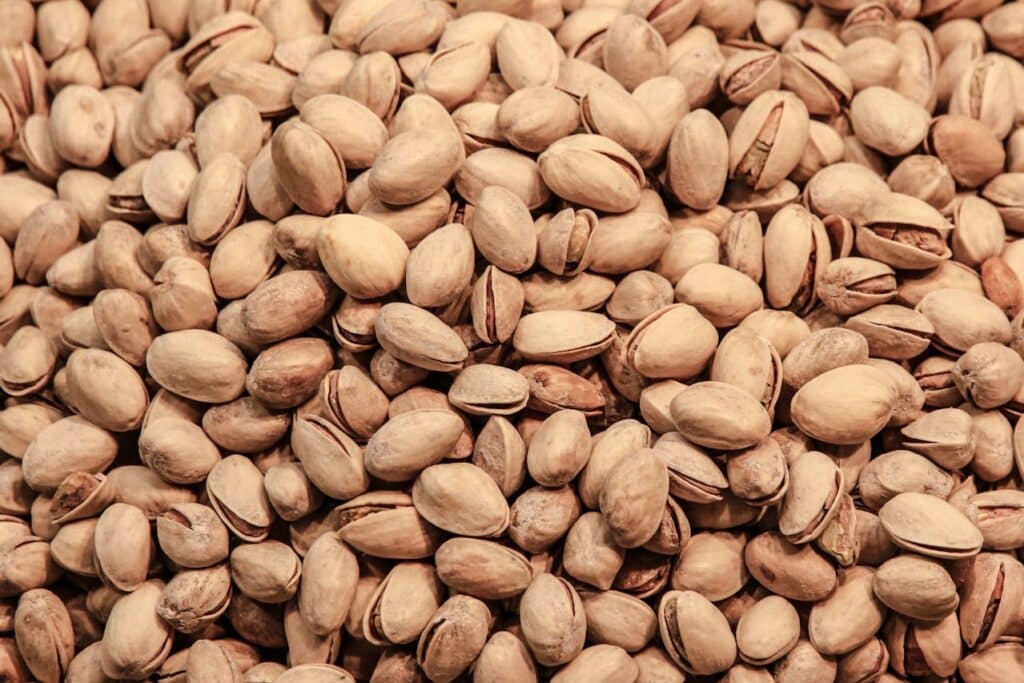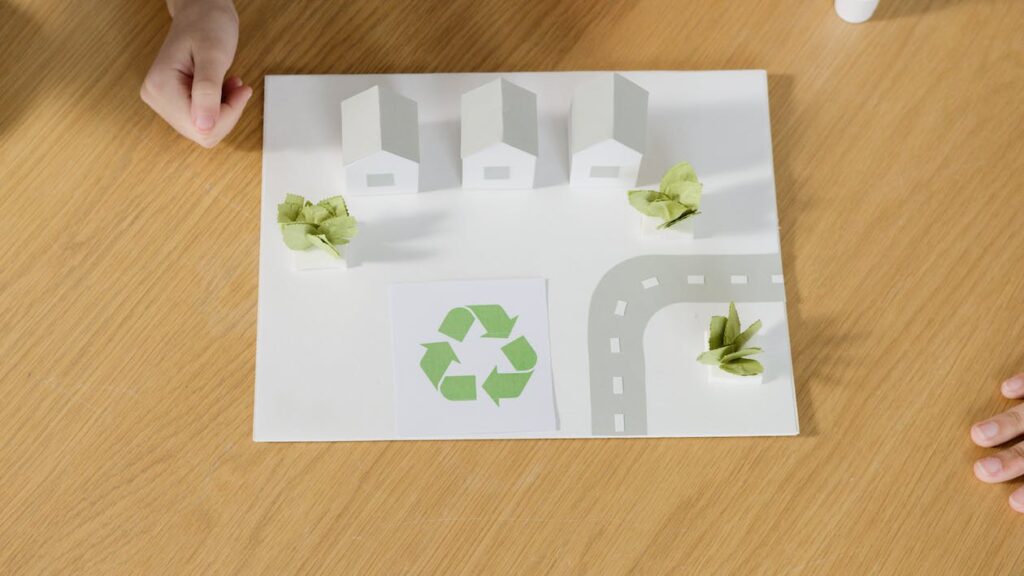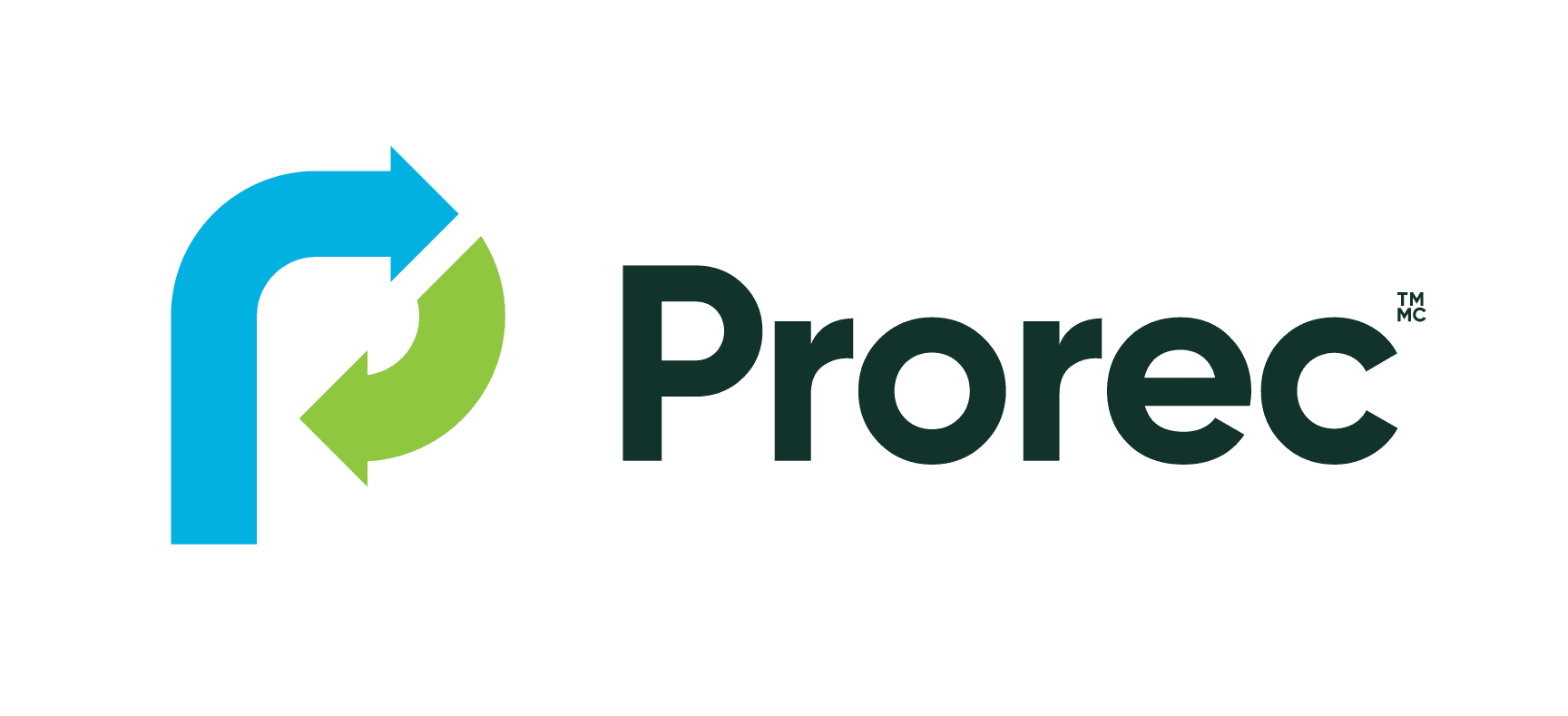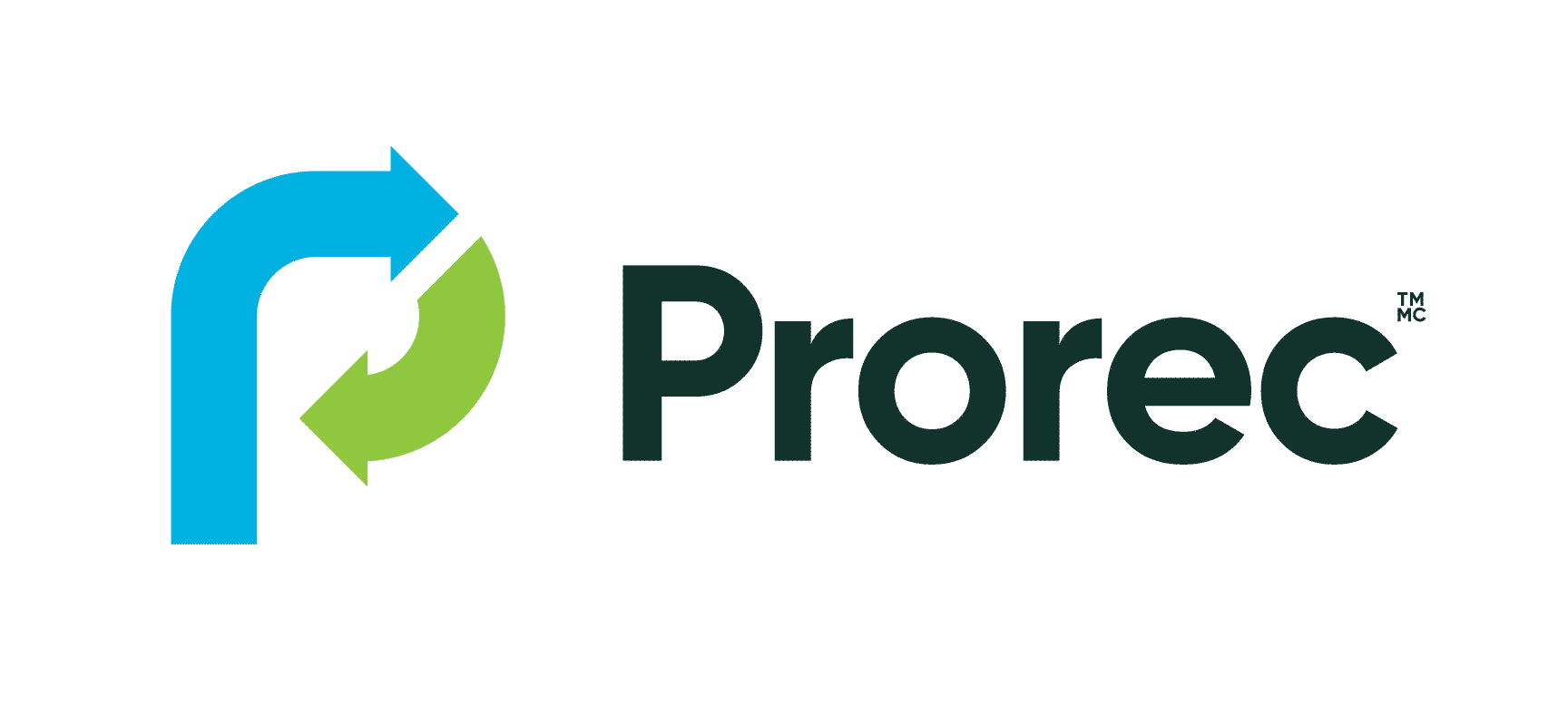
In the journey towards sustainability, the valorization of nuts waste emerges as a significant stride in managing agricultural by-products efficiently. This article delves into the transformative potential of repurposing waste from nut production, aligning with Prorec’s commitment to pioneering innovative waste management solutions.
By addressing nuts waste, we aim not only to enlighten, but also to lead the conversation on food recycling and other sustainable practices within the nuts industry.
The Impact of Nut Waste on the Environment
Over the past decade, the global production of tree nuts has consistently increased, culminating in a total output of approximately 5.3 million metric tons for the 2022/23 season, maintaining the level observed in the preceding period. This statistic, provided by the International Nut and Dried Fruit Council Yearbook, underscores the significant growth in nut production worldwide.
The escalation in nut production highlights the importance of addressing the environmental repercussions associated with it. If not managed properly, it can have detrimental effects on the environment. From the accumulation in landfills contributing to greenhouse gas emissions to the wastage of valuable organic material, the need for effective cereal and nuts production waste management is more critical than ever.
Recognizing this urgency, Prorec advocates for and implements strategies that mitigate the environmental footprint of nuts waste.
The Path to Sustainable Repurposing or Valorization

Nut Waste Collection and Sorting
The initial step towards the valorization of nuts waste is the meticulous collection and sorting of waste items. This process ensures that all usable materials are reclaimed from the production stream, setting the stage for their transformation into valuable products.
Transforming into Valuable Product
Transforming waste nut into valuable products is at the heart of sustainable valorization. Through innovative processes, nuts waste can be repurposed into a variety of products, including organic compost, biofuels, and even materials for industrial applications.
This approach not only diverts waste from landfills but also contributes to the creation of sustainable goods, embodying the essence of a circular economy.
Contribution to a Circular Economy
The circular economy is a model that emphasizes the reuse, recycling, and recovery of materials to create a closed-loop system, minimizing waste. It’s a transformative approach aiming to extend product lifecycles, enhance sustainability, and reduce the environmental footprint.
By encouraging the efficient use of resources, it challenges traditional consumption patterns, promotes innovation in product design and waste management, and supports economic growth through new business models.
By integrating nuts waste into this model, Prorec fosters an environment where every by-product is viewed as an asset, contributing to the reduction of environmental impact, and promoting sustainability.
How Can the Industry Contribute to a Greener Approach to Nut Waste?
The industry holds the key to amplifying the impact of nuts waste valorization through collective efforts in sustainable waste management. By adopting greener practices, such as prioritizing the delivery of waste to valorization facilities and sharing experiences in waste nut processing, businesses can play a pivotal role in advancing environmental stewardship.
Valorizing nuts waste represents a critical step towards sustainable development, demonstrating that what is often perceived as waste can, in fact, be a valuable resource. Prorec stands at the forefront of this initiative, championing the conversion of cereal waste management and nuts production waste into opportunities for innovation and sustainability. By embracing these practices, we contribute to a healthier planet and a more sustainable future.
For further insights into our sustainable practices, explore our food recycling initiatives, learn about our contributions to animal feed, and discover our commitment to sustainable development.



